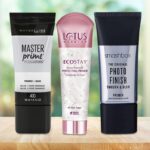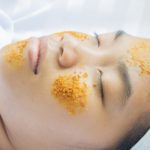How to find Best Sunscreen for Sensitive Skin
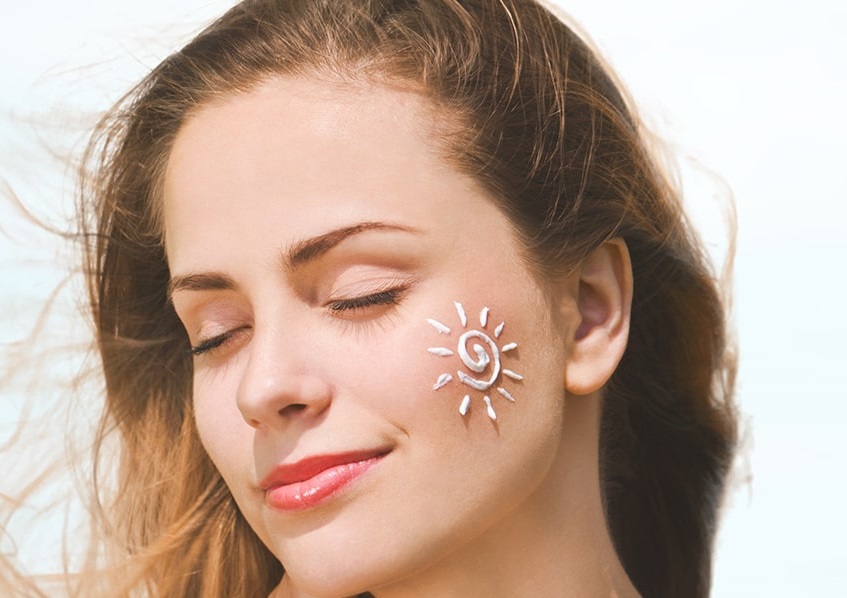
It’s interesting to notice that in the years since sunscreen use began, skin cancer rates have actually risen. In fact, many reports show that most sunscreens actually raise skin cancer risk. This may be due in part to the fact that many sunscreens contain endocrine-disrupting chemicals such as oxybenzone. Oxybenzone is a known hormone disruptor that is not recommended for use on children. It has been banned in many locations worldwide.
Of course, there are many more mineral sunscreens with safer ingredients on the market now but we cannot predict that whether they are suitable for the skin because everyone skin is different and if your skin is sensitive then the risk is more. Below is the methods how to find better products:
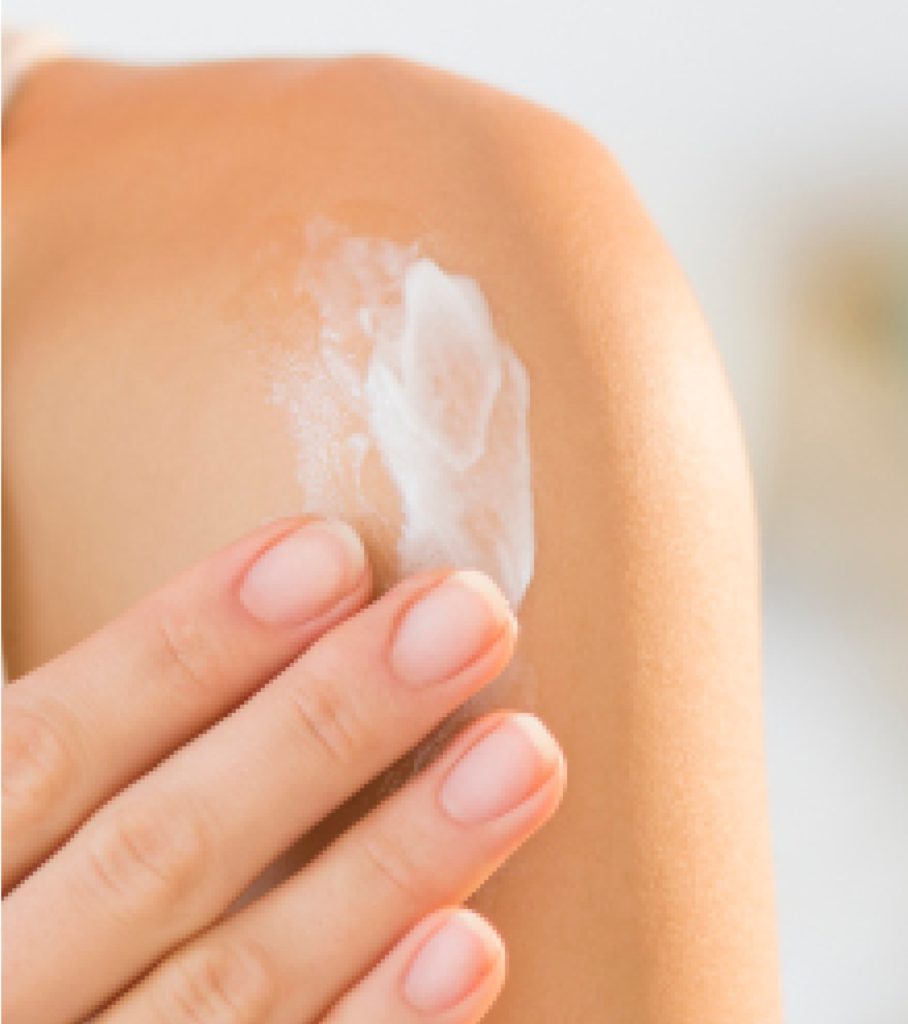
Look for broad-spectrum on the label: You should buy the sunscreen lotion or cream which is having SPF protects against both harmful UVA and UVB rays. (UVA rays prematurely age skin and UVB rays burn; both can cause skin cancer.) Our experts recommend choosing SPF 30 or higher for daily use.
Go for water-resistant options:
Even if you won’t be jumping in for a swim, a water-resistant sunscreen will stay on longer while you’re sweating. If you are doing extensive outdoor activity, choose an SPF of 50 or higher to ensure you stay protected, You should always reapply every two hours and after swimming or sweating.
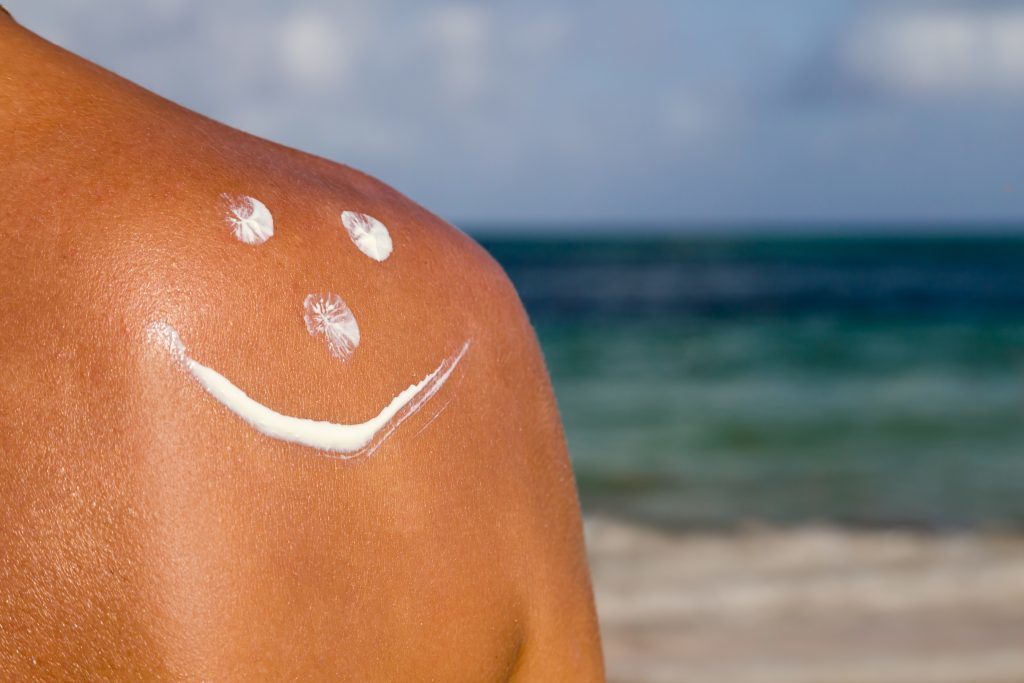
When in doubt, choose lotions: They’re easy to apply generously and evenly—which is key in order for them to work effectively. “Sprays are inconsistent; I find that no one puts sprays on heavy enough to reach the stated SPF level on the bottle,” Dr. Ploch says. Similarly, wipes don’t typically provide even, adequate coverage and stick sunscreens require at least four swipes on each area of the skin to get the job done. Ideally, you want to apply a shot glass-sized amount to your whole body.
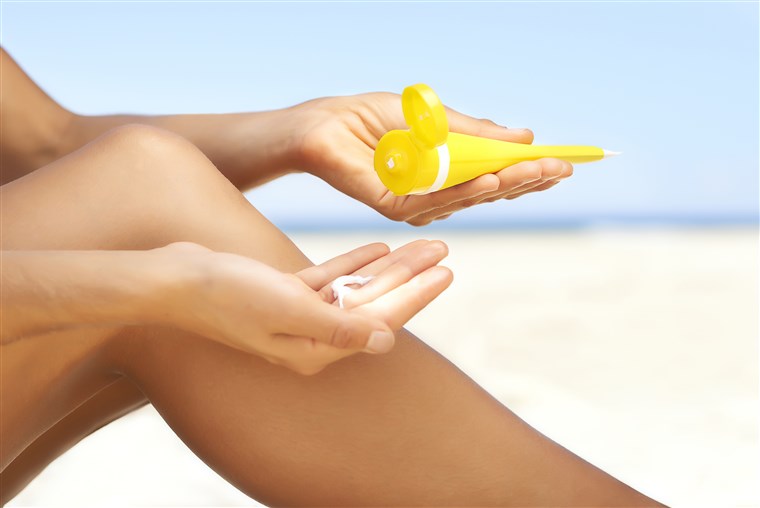
Formula matters:
Physical or mineral sunscreens (made with zinc oxide or titanium dioxide) sit on top of the skin and deflect UV rays, while chemical sunscreens (made with ingredients like oxybenzone or avobenzone) work by absorbing them. If your skin is sensitive or acne-prone, mineral sunscreens are typically your best bet, says Ramsey Markus, MD, a board-certified dermatologist at Westside Dermatology. Plus, they’re a great option if you prefer a more “natural” product (they’re reef-safe!). “All that said, there is no denying that the chemical sunscreens are more transparent, which sometimes trumps everything. It’s really a personal choice more than anything,” he says.
The best sunscreen for your face is the one you apply consistently—it’s the best thing you can do to protect your skin against cancer and premature wrinkles. An SPF for your body will work the same way on your face, but they can feel heavy and slick. Especially for those with sensitive or acne-prone skin, mineral-based formulas will reduce the risk of irritation or clogged pores.

